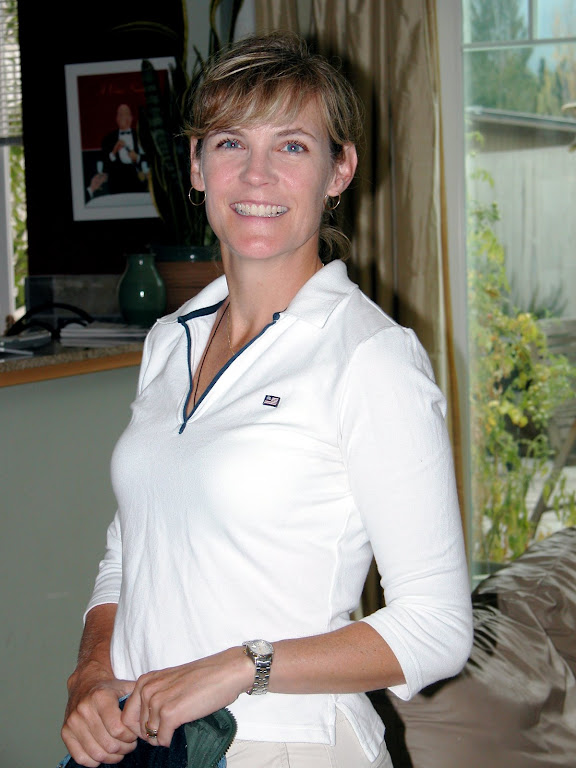Last Saturday evening the Billings Symphony and Chorale celebrated with the community their year-long 60th anniversary by performing a splendid Brahms' German Requiem. German rather than the traditional Latin and I suppose a little touch of anti-Catholicism too. Maestra Harrigan showed her usual good sense in scheduling this marvelous piece of music several years in advance. Baritone Christopher Johnson and soprano Christine Steyer were excellent soloists and the Chorale was its usual beautiful full-voiced choir. I thought the tenors were exquisite. Besides the woodwinds and horns which are always superb whatever they do, I thought the trombones and tuba acquitted themselves well too, especially with their choir-like masculine sound in the last movement.
By the way, that is Brahms' final resting place in Vienna to the left.
The only jarring note was in the introduction by the usually very articulate Ms Harrigan: she said, according to the review in the Gazette by Jaci Webb, appearing on Monday, "the reason this piece is so ground-breaking is that all of the other requiems [and there have been in the region of 2000 of them over the centuries] focused on death and the fear of going to hell . . . Brahms didn't want them to feel afraid, he wanted them to feel comforted." Ms Webb then goes on to add in her review that "Brahms' Requiem is no funeral dirge but an uplifting call to the living to stay hopeful." I'm not sure exactly what these two thoughtful ladies had in mind when they explained things in this odd way. Perhaps they are unfamiliar with the mass, especially a funeral mass, or perhaps they are unfamiliar with all the requiems that have been written. Not to worry, the final word was that Brahms' German Requiem "was the perfect choice."
I can't resist telling the story of hearing a performance of this piece in Amsterdam back in the mid-70s. We were visiting that lovely city and managed to get some last minute tickets. We were seated on the stage just behind the back row of violins and about 10 ft away from the alto section of the choir. So whenever the director looked our way we immediately came to attention. The concert was part of the Dutch celebration of the Nazis leaving the Netherlands near the end of WWII. There was a little awkwardness as the Crown Princess Beatrice, I suppose she is Queen by now, was actually married to some German with a claim to royalty, but this was all resolved by the Dutch choir singing the German Requiem in English—take that you Nazis. So anyway, the end of the story has to do with me walking over to the choir after the performance and telling them in English how excellent they were. After all, I had heard them singing in English, but of course, they did not feel comfortable talking in English, so we all had a good laugh.
This is a small experiment in the blogosphere. "If you have no interest in what it's like to grow old, what follows is not for you. However, if it's going to happen to you, and the outcome is ultimately going to be negative, then finding a way to make the process as bearable, even as enjoyable as possible, might be worth a little attention."—from John Jerome's On Turning Sixty-Five
Subscribe to:
Post Comments (Atom)
Downtown Phoenix

Downtown Phoenix in the Winter Time
Good Cheese Here

Vermont Cheddar & Minnesota Blue
TAKE TIME FOR PARADISE
Me and Joan

Early elderly and middle middle age: We May Know Something You Don't
Mrs America

Fortunately these girls had a good-looking mother
Rimrocks @ Billings MT

“In beholding old stones we may feel our anxieties about our achievements–and lack of them–slacken . . . Vast landscapes [and seascapes] can have an anxiety–reducing effect similar to ruins, for they are the representatives of infinite space, as ruins are the representatives of infinite time, against which our weak, short-lived bodies seem no less inconsequential than those of moths or spiders.”—Alain de Botton in Status Anxiety
Easter Sunday at St Patrick's Co-Cathedral

12 April 2009
Pleasant Hillside at Hustisford, AKA The Grassy Knoll for you conspiracy buffs

A Lot of Muellers Are Buried Here




2 comments:
wow a flood of memories for me! My parents were season ticket holders for BSO. So strange that I don't recognize any names anymore. Uri Barnea is no long the conductor, correct? and as for Ms. Harrigan's comments on a funeral mass, hasn't she ever heard mozarts requiem? such a shame.
Glad to hear from you Daf. Thanks to your parents too for supporting the BSO. Those tickets are getting very expensive. The musical version of John Galt may be hard to find one of these days. Yes, Uri was unceremoniously dumped about five or six years ago after 19 years. I think I remember George Perkins directing for about a year or two and then Uri arrived in the early 80s. He went on to become a rabbi, where I don't know. Anne Harrigan is doing well though I wish she would do an occasional Mahler. I'm pretty sure she was trying to say that Brahms' requiem was different from many others. In German for one thing and such stunning choral parts for another. I love the occasional Friday noon funeral masses at St Pat's: reminders of our own end and calling forth gratitude for the life and death and resurrection of Jesus the Christ, all of which gives our lives their meaning.
Post a Comment